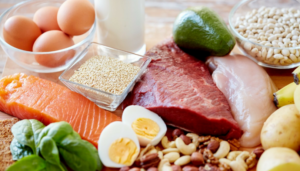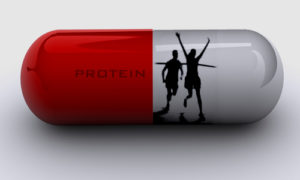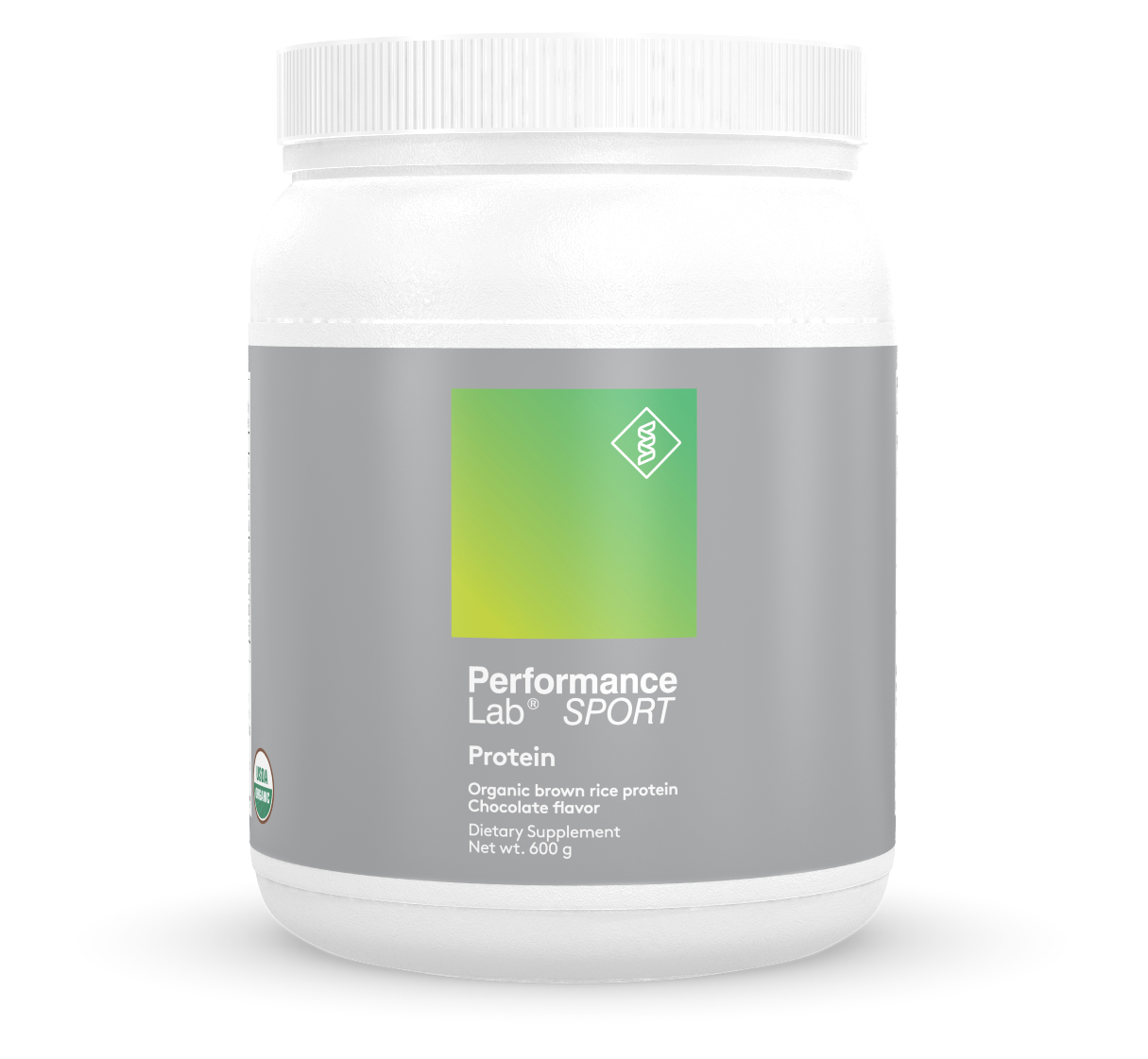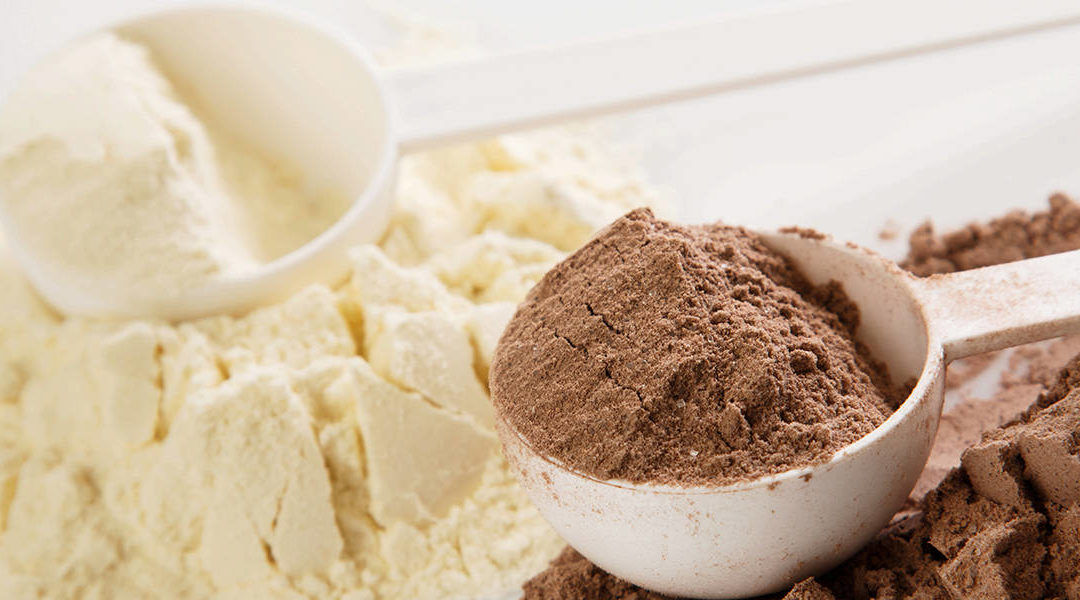But Which Type of Protein Is Best?
There are so many different types of protein options out there, it can feel overwhelming at times. Below, Hogan breaks down which are the best sources and which you might not want to overload on.
[Build a killer midsection in the kitchen for effortless miles on the road with Eat for Abs.]
Whole Food Protein
Your body benefits most from whole-food sources of protein, because in addition to the protein, you also get the vitamins, minerals, fats, and carbs these foods offer—which are all essential for keeping you healthy and boosting your performance as a runner. Plus, the less processed a food is, the easier our bodies are able to digest it.
The name of the game is variety, Hogan says, meaning that it’s best to mix up your protein sources so you get all the different nutrients they contain. However, keep in mind that foods such as bacon and red meat are best consumed in moderation, and that leaner meats such as chicken and turkey are healthier options.

Below are popular animal and plant protein sources, along with how many grams of protein each contains. (It’s worth noting that plant-based sources are almost always incomplete, so you need to add a carb to make them complete. For example, rice and beans form a complete protein instead of just beans.)
Protein Powders
Protein-packed powders can—and should—be used for convenience, Hogan says. For example, a postrun protein shake consumed within 30 minutes after the end of your workout can be useful if you’re on the go and need a quick, easy hit of protein. That said, powders aren’t something you should rely on multiple times a day, since they are processed, and your body is more efficient at using nutrients in their most natural forms.
There are many different types of powders out there, but you should only use those that contain all nine essential amino acids, which aid in muscle protein synthesis, or the process of building muscle mass. Protein powders typically prioritize one of two milk derivatives: whey or casein. Or they can be formulated with a plant-based amino acid source, such as soy or peanuts.
However, plant-based protein powders also tend to have some strong flavors that are often masked with artificial or natural sweeteners. If you’re trying to limit your sugar or sweetener intake, read the ingredient and nutrition information closely to avoid sugar bombs.
Bonci suggests looking for protein powders that contain all nine essential amino acids and enough BCAAs. (Of the nine essential amino acids, three are the branched-chain amino acids—leucine, isoleucine, and valine.) How much BCAAs you need depends on factors such as weight, age, gender, and the type of exercise you’re doing, but as a general rule, 5 to 10 grams per day will do the trick.

Leucine is the most important, since it helps stimulate muscle protein synthesis the most—but it’s not as concentrated in plant-based powders, which is something to be aware of, Bonci says.
Whichever type of powder you choose is really up to you. Bonci says it really comes down to personal preference—what’s going to make you feel good?—and what suits your palette. The following five protein powders contain all nine essential amino acids, and can be used to help rebuild muscle after any type of workout:
- Whey Protein Powder
- Whey protein is a mixture of proteins isolated from the liquid part of milk that separates when cheese is made. This whey is then processed to become a powder.
- Whey protein concentrate contains 70 to 80 percent protein, and is made of lactose and fat. Whey protein isolate contains about 90 percent protein or higher and has less lactose and fat than concentrate. However, it contains fewer nutrients, too.
- Whey protein concentrate: A 1-ounce scoop contains 22 grams of protein, 1.7 grams of carbs, and 2 grams of fat.
- Whey protein isolate: A 1-ounce scoop contains 25 grams of protein, 0.2 grams of carbs, and 0.3 grams of fat.
- Both types digest and absorb into bloodstream quickly.
- Casein Protein Powder
- Casein comes from the curds that remain when cheese is made, which is then processed to become a powder.
- A 1-ounce scoop contains 24 grams of protein, 3 grams of carbs, and 1 gram of fat.
- Digests and absorbs into bloodstream slower than whey. Other than that, casein has a similar nutrient-wise to whey protein concentrate.
- Soy Protein Powder
- Soy protein powder comes from dehydrated soybean flakes that are stripped of their sugar and fiber content.
- Good option for vegetarians, vegans, or have a dairy allergy
- A 1-ounce scoop contains 23 grams of protein, 2 grams of carbs, and 1 gram of fat.
- Hemp Protein Powder
- Hemp protein powder comes from grinding hemp seeds into a powder.
- Good option for vegans
- A 1-ounce scoop contains 12.6 grams of protein, 7 grams of carbs, and 3.4 grams of fat.
- Pea Protein Powder
- Pea protein powder is made from extracting the protein out of yellow peas and turning it into a powder.
- Vegan, gluten-free, and dairy-free
- A 1-ounce scoop contains 24 grams of protein, 1 gram of carbs, and 2 grams of fat.
5 Great Protein Powders for Runners
- Brown Rice Protein Powder
- Brown rice protein powder is a great option for vegans. It’s sourced from whole brown rice grain that’s made into powder form.
- A clinical study proved that brown rice protein is at least equally as beneficial as whey protein for building muscle and helping with recovery
- Another study showed that the leucine in Oryzatein® brown rice protein powder absorbs 30% faster than the leucine found in whey protein powders.
- It’s a great option for those that are intolerant to dairy or have a sensitive stomach.
- A 1-ounce scoop contains around 20 grams of protein, 2g of carbs, and 1.2g of fat.
Performance Lab® Protein

Performancelab.com
$59.00 (Multi-tub discounts available)
SHOP NOW
Containing no allergens, soy, GMOs, synthetic additives/colors/flavors and being banned substance tested, Performance Lab® Protein is the cleanest protein powder we’ve seen on the market.
It’s also the highest quality; as well as containing Oryzatein®, it comes loaded with an optimal amount of Himalayan Pink Salt and Organic Coconut Water Powder to help provide your body with electrolytes too.
All of this with 100% natural flavorings of organic cocoa powder and Organic Ceylon Cinnamon – it’s as clean, natural and premium as protein powders come.
![]()
Klean Athlete Klean Isolate Whey Protein Isolate
This protein contains all the essential amino acids and comes in chocolate, vanilla, and unflavored varieties.
![]()
Now Sports Soy Protein Isolate, Unflavored
With zero grams of carbs and 0.5 grams of fat per serving, this soy protein provides a lean supplement options for those who aren’t getting enough protein through food.
![]()
Momentous RedShift Grass Fed Whey Endurance Recovery
$55.00livemomentous.com
This vanilla or chocolate flavored mix provides 20 grams of protein per serving and tastes good enough to mix with just water.
![]()
Vega Sport Protein Powder, Vanilla
Packed with ingredients such as pea, organic pumpkin seed, organic sunflower seed, and alfalfa, this tub contains 30 grams of protein per serving, plus BCAAs and glutamic acid.
Unfortunately, protein supplements aren’t regulated and can be full of junk you don’t want. Look for products with the ‘NSF Certified for Sport’ ‘Informed Sport’ certification, or ‘GMP Good Manufacturing Practices’ tag to make sure you are getting a protein that is properly sourced and free of banned substances. And as always with packaged foods, real the labels closely so you know exactly what you’re putting in your shaker bottle.
A true love for sports











Recent Comments